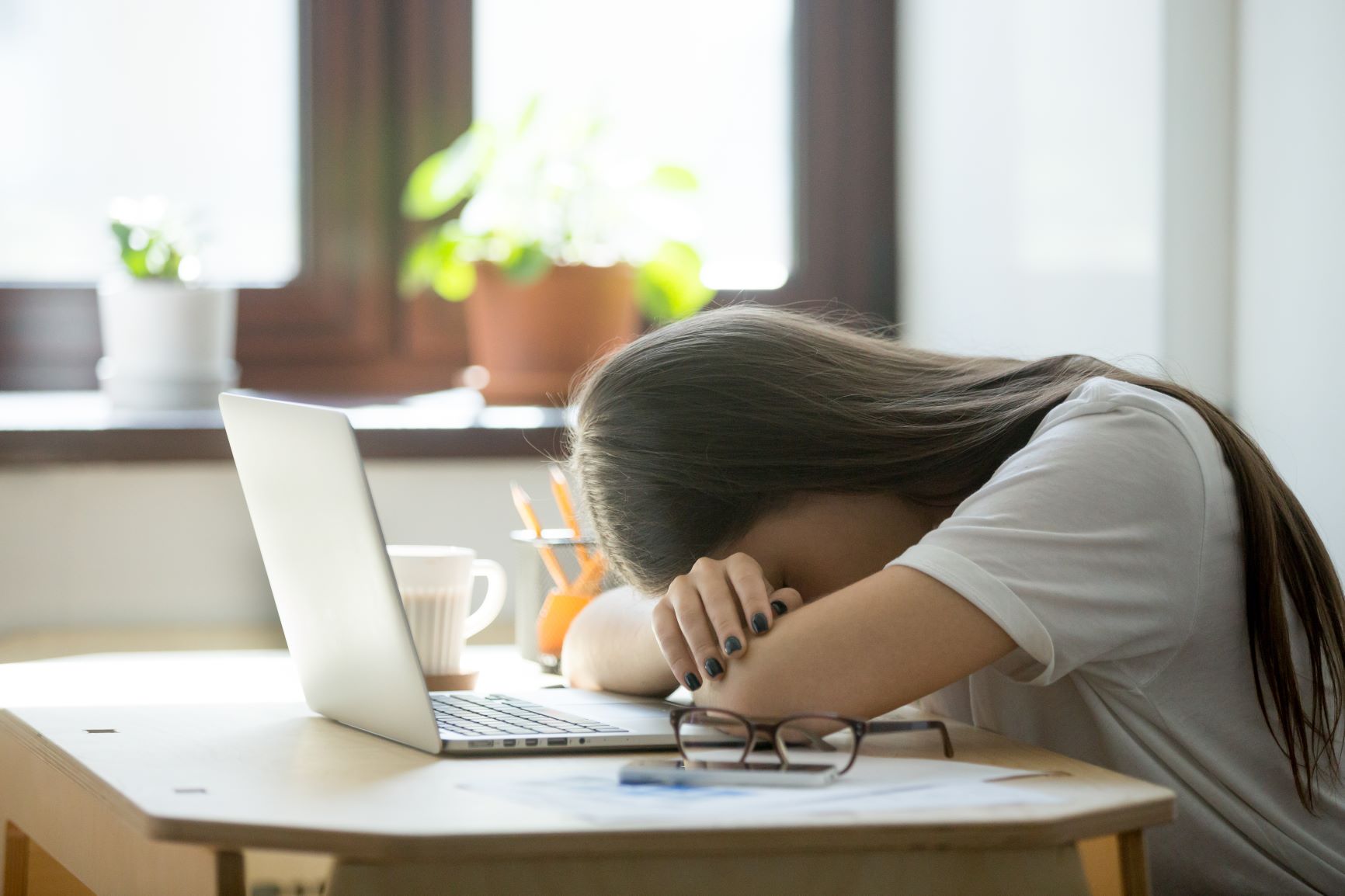If you travel around the world and ask people how they’d describe being able to get eight hours of sleep each night, chances are very high that most would consider it a luxury, and some, impossible. Worldwide data on how much sleep people are getting shows that several Asian countries are among the most sleep-deprived, and the downward trend in many places is causing concern of a global sleep loss epidemic. Sleep deprivation is defined as less than seven hours of sleep per night.
Which are the most sleep-deprived countries?
According to a survey by Sleep Cycle, an app that tracks sleep hours, the top three sleep-deprived countries are South Korea and Saudi Arabia getting just under 6.5 hours per night on average and the sleepiest country Japan clocking in a few winks above 6.25 hours.
On the contrary, New Zealand closest to the bottom of the world came in on top with nearly 7.75 hours, followed by their Aussie brothers and sisters along with Finland and the Netherlands.
The data shows Asia fared the worst in getting sufficient shuteye while Europe and North America got the most sleep. South and Central America generally fell in the middle, and Middle East and Africa dotted the graph differently.
Why are these countries sleeping so poorly?
Let’s look at Japan, a country known for a hard-driving work force, culture of discipline and expectations for excellence.
Most signs point to overwork as the culprit of a sleepless society. In fact, there’s a Japanese term “karoshi” that means “death by overwork,” and it is even recognized as a legal term for a cause of death. A CNBC report said that 25% of Japanese companies require 80 hours of overtime a month. The problem is so serious that in recent years Japan’s government and private companies have been actively advocating and launching initiatives to reduce working hours.

In South Korea, extreme work hours and schedules are the cause of lack of sleep there as well. Seoul, often called the city that never sleeps, is full of workers so desperate for more snooze time in quantity and quality that they are willing to pay for it. Nap cafes in and around Seoul offer sleep capsules where time-starved South Koreans can rent a private bunk with sleep-conducive lighting and oxygen concentrators to promote sleep and healing.
Culturally for both these Asian countries, education is so highly valued that their school-aged youth and young adults in college are victims of chronic and severe sleep loss. The demands and pressure are so high and the standards so rigorous that sacrificing sleep seems to be only way students can excel in their pursuits. They are cultures driven for perfection.
In Saudi Arabia, sleep deprivation is highly prevalent among adolescents. However, it’s important to note that in a national surveys and studies there, more than 31% of adolescents and almost 34% of adults and children sleep less than seven hours a night. This data indicates that sleep behavior among the youth and adolescents is influenced by habits and patterns of parents. While older adults tend to need less sleep, less than seven hours is not recommended or healthy for developing minds and bodies.
What are the costs of lost sleep?
Long before prolonged and severe sleep deprivation is recognized, the effects are often evidenced in our relationships and on the job or in school. Irritability, a short temper and a generally negative mood will impact personal interactions. At work or in school, productivity and accuracy decline.
While Japan may lead the world in lost sleep by average hours per night, the U.S. takes the biggest hit in economic losses due to the size of its economy, according to RAND Corp. research. That lost is estimated at up to $411 billion per year.
And there are costs to individual health and safety, both also contributing to medical costs. Sleep deprivation is linked to many physical and mental health problems and as a result a higher mortality risk.
